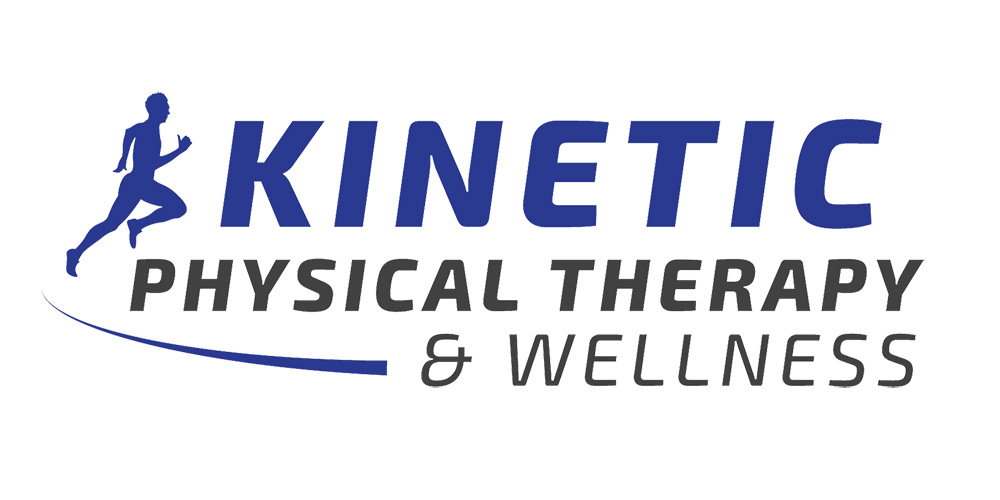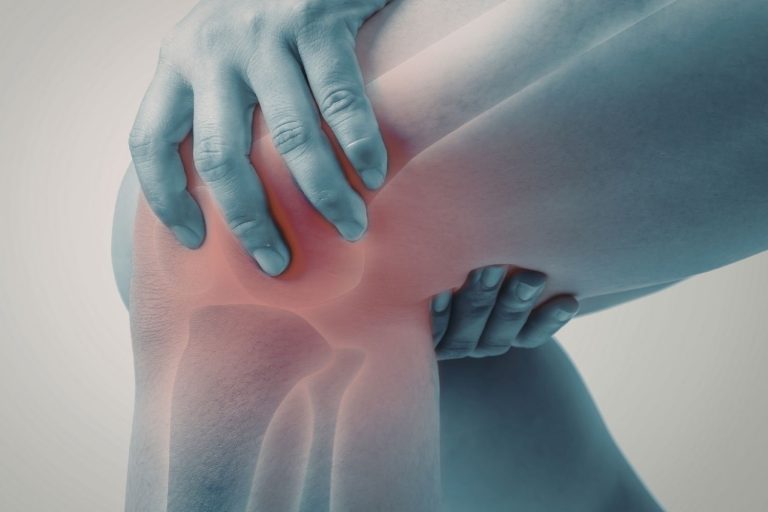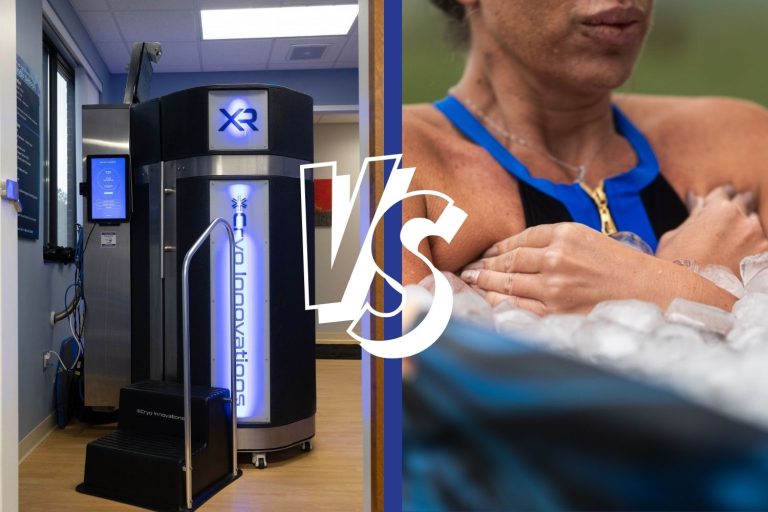

The Connection Between Massage Therapy and Mental Health
Promoting Relaxation and Wellness
In today’s fast-paced world, stress, anxiety, and depression have become all too common. Many people are seeking natural and effective ways to manage their mental health, and massage therapy has emerged as a powerful tool in this quest. At Kinetic Physical Therapy and Wellness in Greenville, NC, we believe in the holistic approach to health, where the mind, body, and spirit are interconnected. Our one-on-one specialized therapy sessions are designed to not only address physical ailments but also promote mental and emotional well-being. In this blog post, we’ll explore the profound connection between massage therapy and mental health, highlighting how regular massage sessions can help reduce anxiety, alleviate depression, and enhance overall wellness.
Massage therapy is more than just a luxury or a way to relax. It has a solid foundation in science, with numerous studies supporting its effectiveness in improving mental health. The therapeutic touch involved in massage stimulates the release of neurotransmitters and hormones that play a crucial role in regulating mood and stress levels.
Reduction of Cortisol Levels
Cortisol, often referred to as the “stress hormone,” is produced by the adrenal glands in response to stress. High levels of cortisol over extended periods can lead to a range of health issues, including anxiety, depression, and sleep disturbances. Massage therapy has been shown to significantly reduce cortisol levels in the body, helping to mitigate the effects of chronic stress. By lowering cortisol, massage therapy promotes a sense of calm and relaxation, making it easier for individuals to cope with daily challenges.
Increase in Serotonin and Dopamine
Serotonin and dopamine are neurotransmitters that contribute to feelings of happiness and well-being. Serotonin helps regulate mood, sleep, and appetite, while dopamine is associated with the brain’s reward system, providing feelings of pleasure and satisfaction. Studies have shown that massage therapy can increase the production of these “feel-good” chemicals, which can help alleviate symptoms of depression and anxiety. By boosting serotonin and dopamine levels, massage therapy creates a positive feedback loop that enhances mental health and emotional resilience.
Massage Therapy and Anxiety: Finding Relief Through Touch
Anxiety disorders affect millions of people worldwide, manifesting as persistent worry, fear, and physical symptoms such as a racing heart and shortness of breath. While traditional treatments such as medication and cognitive-behavioral therapy (CBT) are effective, many individuals seek complementary therapies to enhance their overall treatment plan. Massage therapy offers a non-invasive, natural way to manage anxiety by promoting relaxation and reducing the physiological symptoms associated with stress.
Activating the Parasympathetic Nervous System
The body has two primary nervous systems: the sympathetic nervous system, which governs the “fight or flight” response, and the parasympathetic nervous system, which controls the “rest and digest” functions. Chronic anxiety often leads to an overactive sympathetic nervous system, keeping the body in a constant state of alertness and tension. Massage therapy helps activate the parasympathetic nervous system, encouraging the body to relax and recover. This shift allows individuals to experience a sense of calm, reducing the physical symptoms of anxiety.
Improving Sleep Quality
Anxiety often goes hand-in-hand with sleep disturbances, such as insomnia or restless sleep. The calming effects of massage therapy extend beyond the session, often leading to improved sleep quality. By reducing muscle tension, promoting relaxation, and balancing neurotransmitter levels, massage therapy helps individuals achieve a deeper, more restorative sleep. Better sleep, in turn, reduces anxiety levels, creating a positive cycle of improvement.
Massage Therapy and Depression: Lifting the Mood Naturally
Depression is a complex mental health condition that affects a person’s mood, thoughts, and behavior. It can lead to feelings of sadness, hopelessness, and a lack of interest in activities once enjoyed. While antidepressant medications and psychotherapy are common treatments, massage therapy can serve as a valuable complement, offering natural relief from depressive symptoms.
Enhancing the Mind-Body Connection
Depression often creates a disconnect between the mind and body, leading to feelings of numbness or detachment. Massage therapy helps bridge this gap by providing a sensory experience that reconnects individuals with their physical selves. The tactile stimulation of massage can reignite sensory awareness, helping individuals feel more present and grounded. This reconnection can be especially beneficial for those experiencing the physical symptoms of depression, such as fatigue and chronic pain.
Promoting Endorphin Release
Endorphins are the body’s natural painkillers and mood elevators. They are often referred to as “happy hormones” because of their ability to create feelings of euphoria and well-being. Massage therapy stimulates the release of endorphins, helping to alleviate pain and improve mood. For individuals struggling with depression, this endorphin boost can provide much-needed relief, creating a sense of lightness and positivity.
The Holistic Approach to Mental Wellness at Kinetic Physical Therapy and Wellness
At Kinetic Physical Therapy and Wellness, we understand that mental health is just as important as physical health. Our massage therapy services are tailored to meet the unique needs of each patient, focusing on both physical and emotional well-being. Our professional, yet colorful and vibrant atmosphere creates a welcoming environment where patients can feel comfortable and cared for.
We believe that true wellness is achieved when the mind, body, and spirit are in harmony. Our one-on-one specialized therapy sessions ensure that each patient receives personalized attention, addressing their specific mental health concerns alongside their physical needs. Whether you’re dealing with anxiety, depression, or simply the stresses of daily life, our massage therapy services offer a path to relaxation and mental wellness.
Embrace the Healing Power of Massage Therapy
Massage therapy is more than just a physical treatment—it’s a powerful tool for promoting mental health and emotional well-being. By reducing stress, alleviating anxiety, and lifting depression, massage therapy offers a natural and holistic approach to mental wellness. At Kinetic Physical Therapy and Wellness in Greenville, NC, we’re committed to helping our patients achieve a balanced and fulfilling life through personalized, one-on-one therapy sessions. If you’re ready to experience the mental health benefits of massage therapy, contact us today to schedule your appointment and take the first step toward a healthier, happier you.
Please Share
categories
Recent Posts

The Connection Between Massage Therapy and Mental Health
Promoting Relaxation and Wellness
In today’s fast-paced world, stress, anxiety, and depression have become all too common. Many people are seeking natural and effective ways to manage their mental health, and massage therapy has emerged as a powerful tool in this quest. At Kinetic Physical Therapy and Wellness in Greenville, NC, we believe in the holistic approach to health, where the mind, body, and spirit are interconnected. Our one-on-one specialized therapy sessions are designed to not only address physical ailments but also promote mental and emotional well-being. In this blog post, we’ll explore the profound connection between massage therapy and mental health, highlighting how regular massage sessions can help reduce anxiety, alleviate depression, and enhance overall wellness.
Massage therapy is more than just a luxury or a way to relax. It has a solid foundation in science, with numerous studies supporting its effectiveness in improving mental health. The therapeutic touch involved in massage stimulates the release of neurotransmitters and hormones that play a crucial role in regulating mood and stress levels.
Reduction of Cortisol Levels
Cortisol, often referred to as the “stress hormone,” is produced by the adrenal glands in response to stress. High levels of cortisol over extended periods can lead to a range of health issues, including anxiety, depression, and sleep disturbances. Massage therapy has been shown to significantly reduce cortisol levels in the body, helping to mitigate the effects of chronic stress. By lowering cortisol, massage therapy promotes a sense of calm and relaxation, making it easier for individuals to cope with daily challenges.
Increase in Serotonin and Dopamine
Serotonin and dopamine are neurotransmitters that contribute to feelings of happiness and well-being. Serotonin helps regulate mood, sleep, and appetite, while dopamine is associated with the brain’s reward system, providing feelings of pleasure and satisfaction. Studies have shown that massage therapy can increase the production of these “feel-good” chemicals, which can help alleviate symptoms of depression and anxiety. By boosting serotonin and dopamine levels, massage therapy creates a positive feedback loop that enhances mental health and emotional resilience.
Massage Therapy and Anxiety: Finding Relief Through Touch
Anxiety disorders affect millions of people worldwide, manifesting as persistent worry, fear, and physical symptoms such as a racing heart and shortness of breath. While traditional treatments such as medication and cognitive-behavioral therapy (CBT) are effective, many individuals seek complementary therapies to enhance their overall treatment plan. Massage therapy offers a non-invasive, natural way to manage anxiety by promoting relaxation and reducing the physiological symptoms associated with stress.
Activating the Parasympathetic Nervous System
The body has two primary nervous systems: the sympathetic nervous system, which governs the “fight or flight” response, and the parasympathetic nervous system, which controls the “rest and digest” functions. Chronic anxiety often leads to an overactive sympathetic nervous system, keeping the body in a constant state of alertness and tension. Massage therapy helps activate the parasympathetic nervous system, encouraging the body to relax and recover. This shift allows individuals to experience a sense of calm, reducing the physical symptoms of anxiety.
Improving Sleep Quality
Anxiety often goes hand-in-hand with sleep disturbances, such as insomnia or restless sleep. The calming effects of massage therapy extend beyond the session, often leading to improved sleep quality. By reducing muscle tension, promoting relaxation, and balancing neurotransmitter levels, massage therapy helps individuals achieve a deeper, more restorative sleep. Better sleep, in turn, reduces anxiety levels, creating a positive cycle of improvement.
Massage Therapy and Depression: Lifting the Mood Naturally
Depression is a complex mental health condition that affects a person’s mood, thoughts, and behavior. It can lead to feelings of sadness, hopelessness, and a lack of interest in activities once enjoyed. While antidepressant medications and psychotherapy are common treatments, massage therapy can serve as a valuable complement, offering natural relief from depressive symptoms.
Enhancing the Mind-Body Connection
Depression often creates a disconnect between the mind and body, leading to feelings of numbness or detachment. Massage therapy helps bridge this gap by providing a sensory experience that reconnects individuals with their physical selves. The tactile stimulation of massage can reignite sensory awareness, helping individuals feel more present and grounded. This reconnection can be especially beneficial for those experiencing the physical symptoms of depression, such as fatigue and chronic pain.
Promoting Endorphin Release
Endorphins are the body’s natural painkillers and mood elevators. They are often referred to as “happy hormones” because of their ability to create feelings of euphoria and well-being. Massage therapy stimulates the release of endorphins, helping to alleviate pain and improve mood. For individuals struggling with depression, this endorphin boost can provide much-needed relief, creating a sense of lightness and positivity.
The Holistic Approach to Mental Wellness at Kinetic Physical Therapy and Wellness
At Kinetic Physical Therapy and Wellness, we understand that mental health is just as important as physical health. Our massage therapy services are tailored to meet the unique needs of each patient, focusing on both physical and emotional well-being. Our professional, yet colorful and vibrant atmosphere creates a welcoming environment where patients can feel comfortable and cared for.
We believe that true wellness is achieved when the mind, body, and spirit are in harmony. Our one-on-one specialized therapy sessions ensure that each patient receives personalized attention, addressing their specific mental health concerns alongside their physical needs. Whether you’re dealing with anxiety, depression, or simply the stresses of daily life, our massage therapy services offer a path to relaxation and mental wellness.
Embrace the Healing Power of Massage Therapy
Massage therapy is more than just a physical treatment—it’s a powerful tool for promoting mental health and emotional well-being. By reducing stress, alleviating anxiety, and lifting depression, massage therapy offers a natural and holistic approach to mental wellness. At Kinetic Physical Therapy and Wellness in Greenville, NC, we’re committed to helping our patients achieve a balanced and fulfilling life through personalized, one-on-one therapy sessions. If you’re ready to experience the mental health benefits of massage therapy, contact us today to schedule your appointment and take the first step toward a healthier, happier you.
Please Share
You May Also Like







